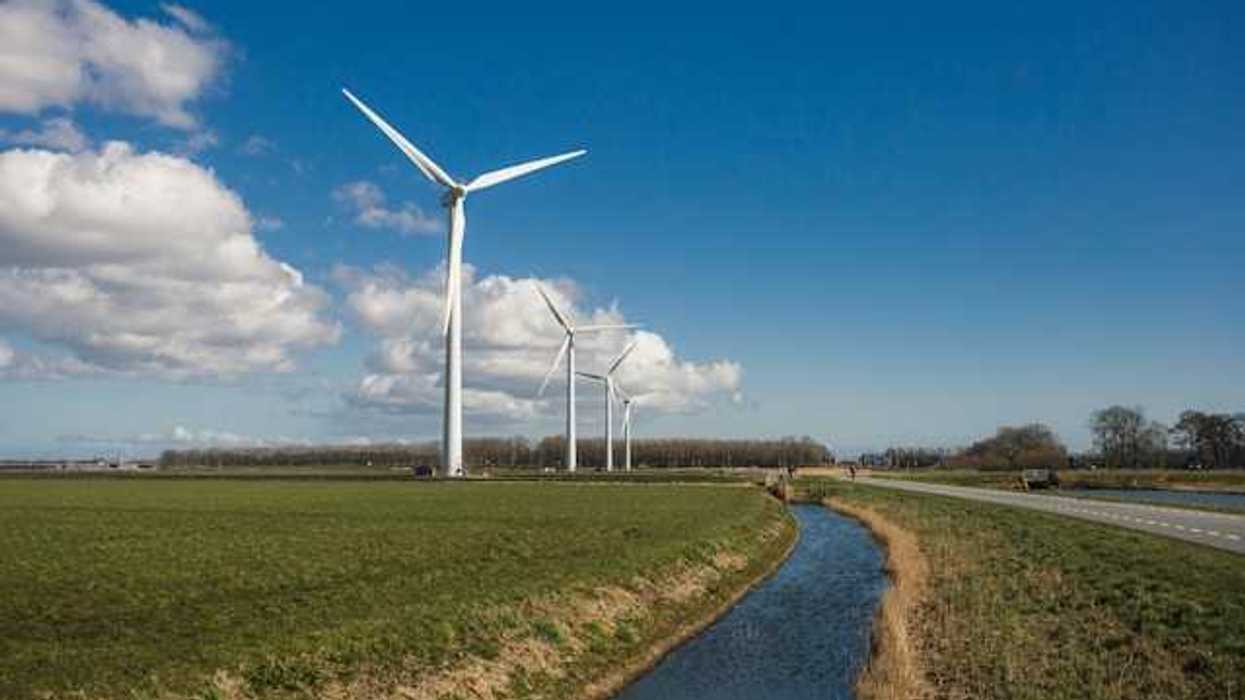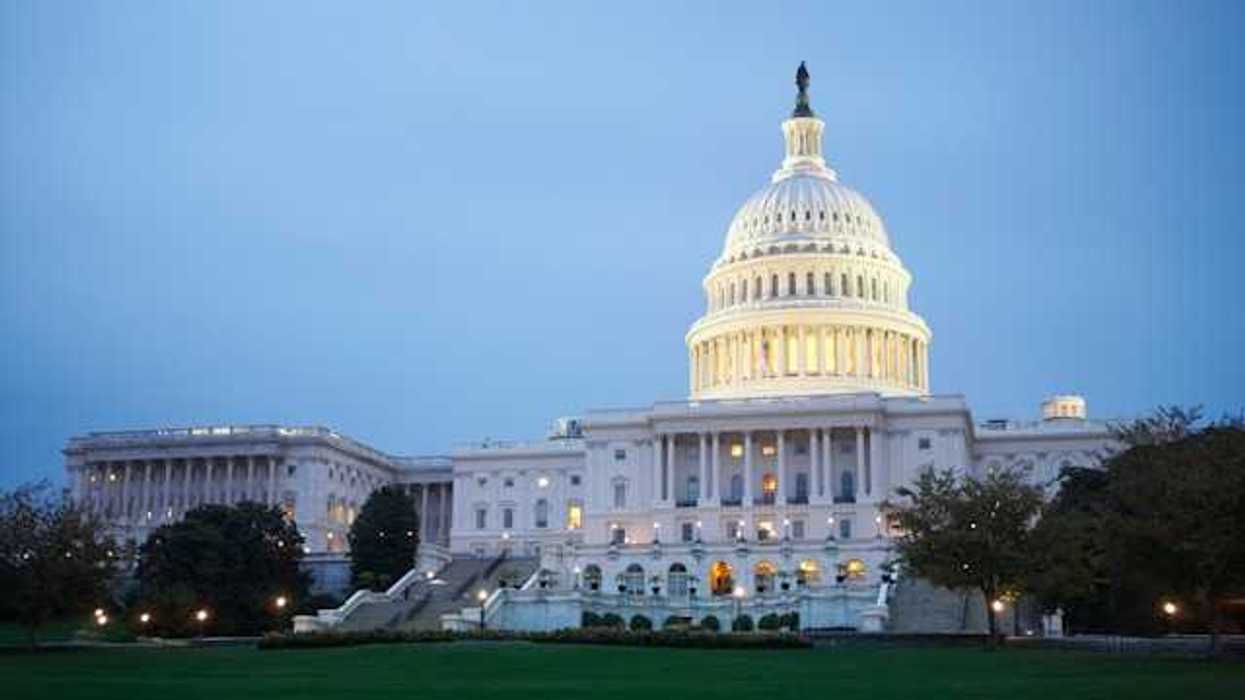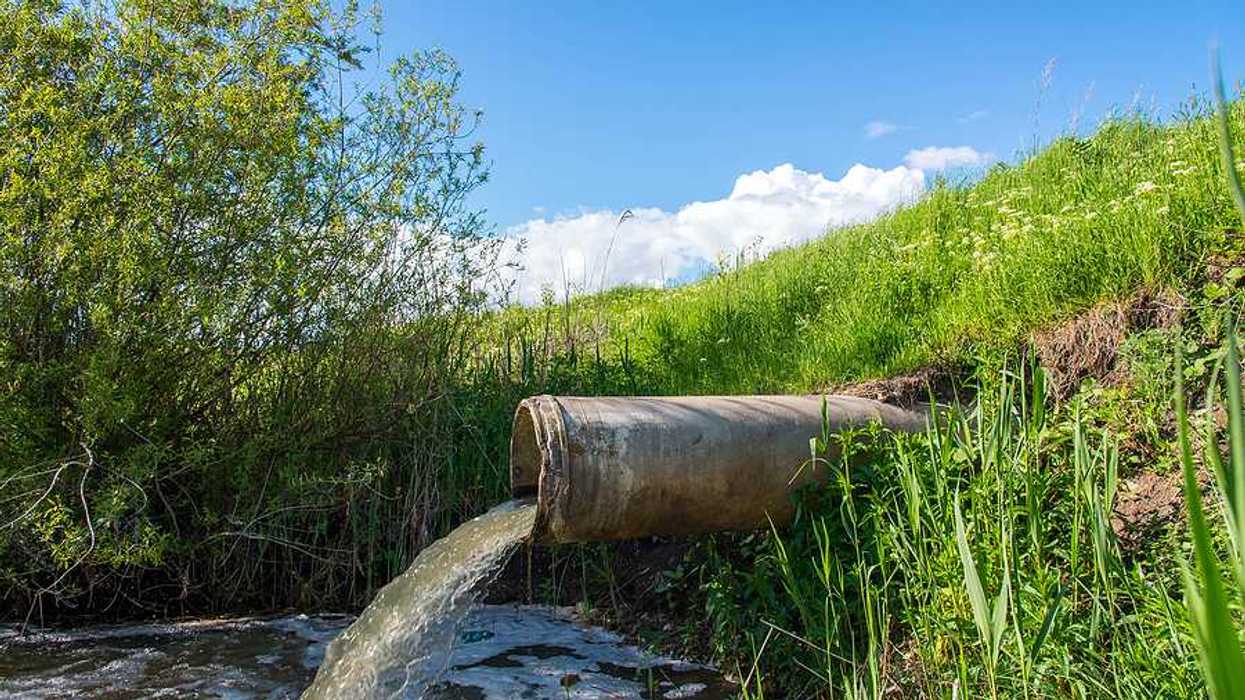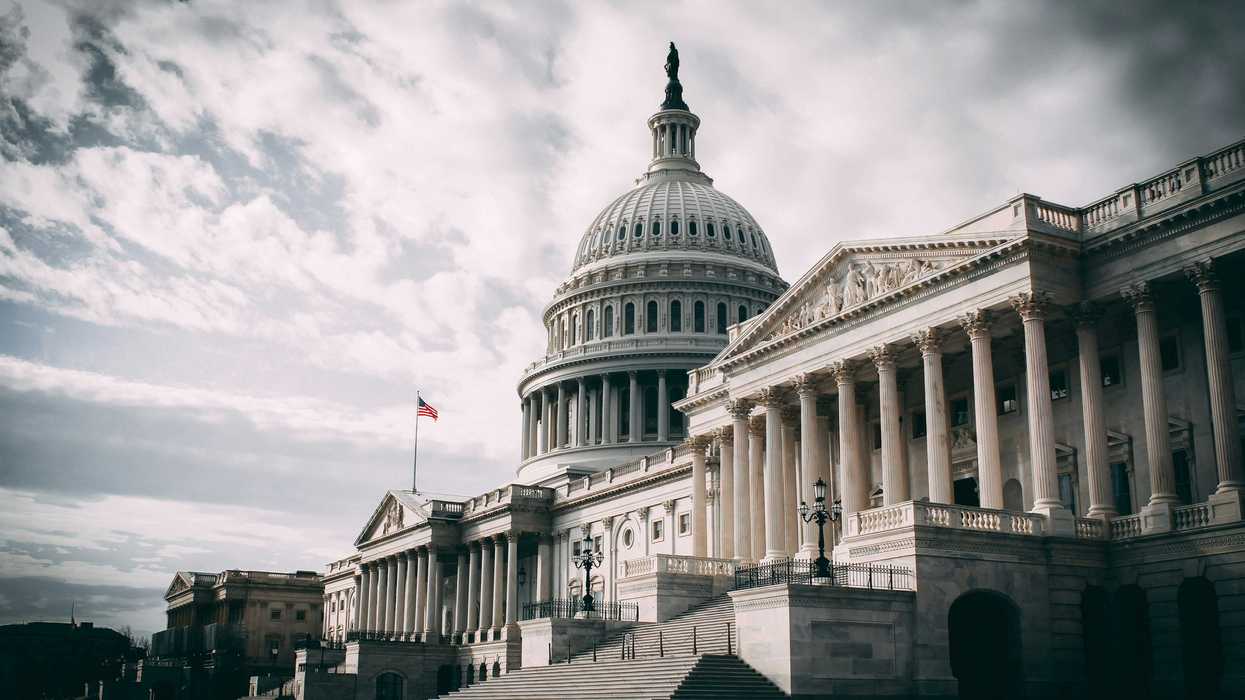The disconnect between science and government action is on full daily display during this COVID-19 pandemic—and with deadly consequences. But the government's actions of limiting the impact of science on policy is not new.
Our response to the COVID-19 pandemic was delayed by the Trump Administration despite urgent calls for action by public health authorities. These mixed messages have set the stage for a much more deadly outcome to this pandemic than was necessary.
But the government is limiting the role of science in other public health decisions, and we will pay the price.
The U.S. Environmental Protection Agency has published in the Federal Register a supplement to a proposed rule that defines the science it will use to protect public health—and the science it will ignore.
The supplement represents "clarifications, modifications and additions" to a proposed rule cynically entitled "Strengthening Transparency in Regulatory Science."
Nowhere does the EPA provide a rational explanation of the problem they are trying to solve with this action.
The Agency writes that the "EPA should ensure that the data underlying [actions] are publicly available in a manner sufficient for independent validation." This sounds rational but it will eliminate the use of findings published in high quality, peer-reviewed journals, including epidemiological studies.
Related: Trump Administration is using a pandemic to hand out gifts to its favorite polluters
Imagine ignoring the data showing that the coronavirus is more deadly in older patients, or that people with underlying high blood pressure are more vulnerable to the disease. Yet, this is exactly what EPA is proposing to do in the domain of chemical safety decisions.
Also, the EPA cannot claim that they have been misled by independent academic findings resulting in "over-regulation" of chemicals.
In fact, a comprehensive two volume work published by the European Environment Agency in Copenhagen entitled "Late Lessons From Early Warnings" documents the adverse health and environmental impacts of government inaction. In this analysis, they also identify only four times that a chemical might have been "over-regulated." And this out of the 140,000 chemicals in commerce worldwide.
Rather, the report is full of hazards where society acted too late—examples include lead, mercury, PCBs, asbestos and chlorofluorocarbons and many more—which has led to thousands of cases of cancers and other illnesses.
The government use of science to justify inaction
The Trump Administration's EPA is using "science" to justify inaction—by being very selective in the science they can consider, the EPA can justify inaction on important environmental issues.
A good example is the EPA's reversal in banning the pesticide chlorpyrifos. Ample scientific evidence shows that chlorpyrifos can harm children's brains.
But the EPA chose inaction in regulating this chemical, claiming that the data were not sufficient. The current proposed rule will provide them with a formal ability—if not requirement—to ignore quality science by saying that the data do not conform to "transparency" rules.
The consequences of government inaction
The current coronavirus epidemic provides a real-time example of the cost of government inaction. As hospitals become overrun with critical patients, they lack the supplies they need both to protect healthcare workers and treat their patients.
While the consequences of government inaction play out in the context of the coronavirus pandemic, they play out more quietly in the context of chemical regulation. Each baby born in the U.S. has more than 100 industrial chemicals in their blood.
We know for certain that some of these are harmful, including lead, mercury, polyhalogenated biphenyls, brominated flame retardants, and many more. And most chemicals found in babies' blood have not been evaluated for safety.
This contamination contributes to the high prevalence of chronic diseases in the U.S., including a remarkable 18 percent of children with diagnosed neurobehavioral problems including autism and ADHD, epidemic obesity and metabolic syndrome, reproductive disorders and developmental disorders.
The current crisis is dominating the news cycle, as well it should. But my hope is that one of the lessons we learn is that the government needs to prioritize human health in the short term and the long term.
R. Thomas Zoeller is Professor Emeritus of Biology at the University of Massachusetts Amherst and Visiting Professor at Örebro University, Örebro, Sweden. His views do not necessarily represent those of EHN, The Daily Climate or publisher, Environmental Health Sciences.
















